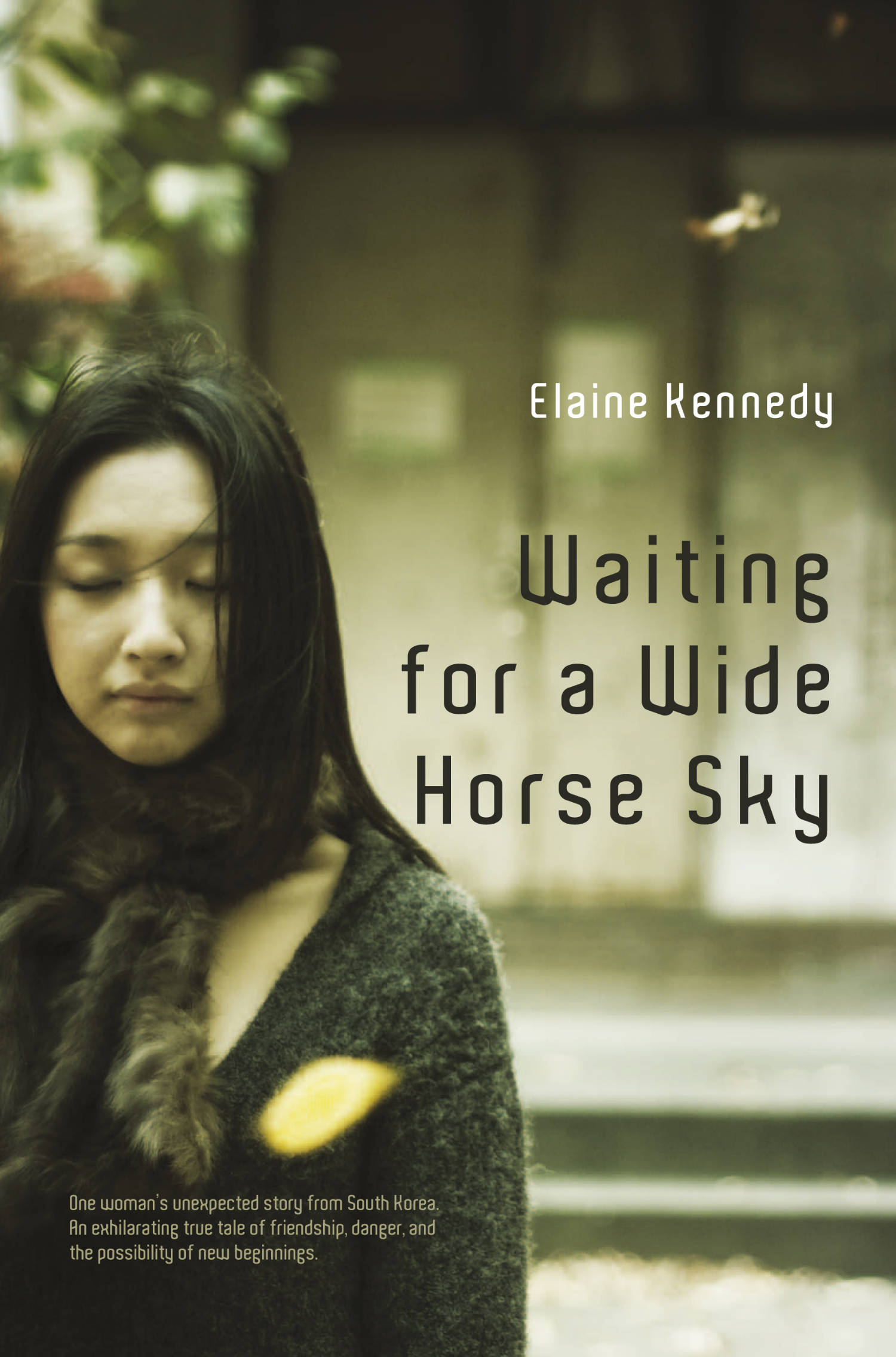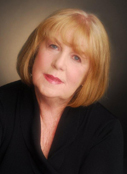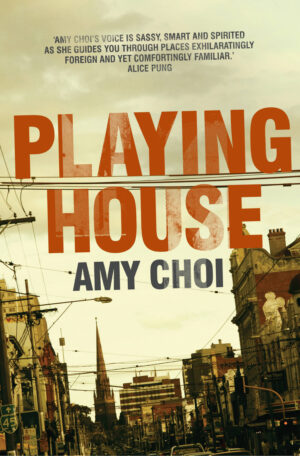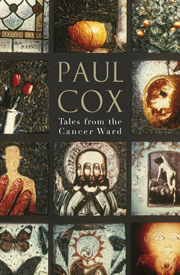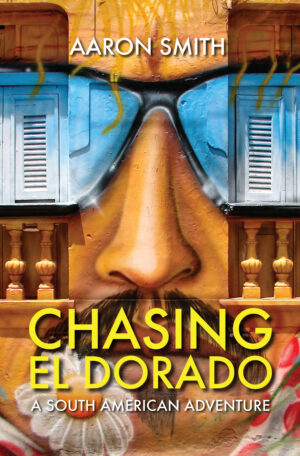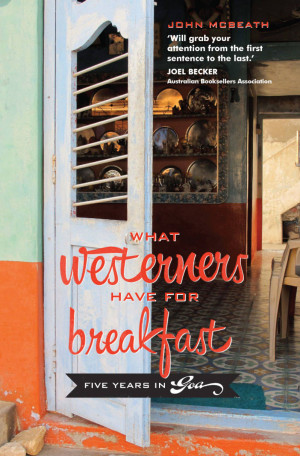Description
One woman’s unexpected story from South Korea. An exhilarating true tale of friendship, danger, and the possibility of new beginnings.
The plight of migrant factory workers in South Korea leads Katoomba-based author Elaine Kennedy to question her own motives for travel and working in Daegu. Heartbreaking and surprisingly intimate, Kennedy’s memoir is full of true drama and incident. This is a ‘stranger than fiction’ story that compels like the best written novels. The reader is drawn deeper and deeper into the beauties, mysteries and injustices that surround and disturb the author, while Kennedy’s undercover fight to assist those who have come to Korea without her own privileges is tense and gripping. This original, warm and suspenseful story is peopled with wonderful characters and rings with the passion and authenticity of truth.
An engrossing story about the author’s experiences in South Korea. It is a book which deals with opposites and one which makes compelling reading.
Gayle Sligar, The Echo, September 2011
Australian teacher Elaine Kennedy travelled to Korea to work in a bizarrely regimented, government-sponsored teaching program. Along with antique temples and exquisitely proportioned gardens, she discovers a netherworld of abuse and neglect of third-world guest workers. It is difficult to like the Korea depicted in Waiting for a Wide Horse Sky, and the author’s own conscience troubles the reader in turn. The parallels between her own bullied and overly controlled existence as a foreign worker and the overt exploitation of the Filipina women she encounters there are interestingly drawn, and I was left deeply troubled by the globalised word of labour that Kennedy describes.
This glimpse into the life of the English teacher abroad is frequently fascinating, as is the rich life of tormented friendships and intrigue that the author seemed to attract. The book also serves to detract from some of the supposed glamour of the expatriate life. The people who have chosen to start a new life in a country where they don’t know the language, history or customs are frequently difficult, escaping messy lives at home or being otherwise unemployable. Even more complex are the relationships with the Koreans themselves, as Kennedy attempts to navigate paths of friendship in minefields of mutual incomprehension. *** A good read.
Walter Mason, Good Reading Magazine, November 2011
Told with the pace of an adventure story, with emotional honesty and self-reflection, and with no less than three love stories unfolding under difficult and sometimes dangerous circumstances, this book is a very satisfying read.
Kate Matthew, Newsbite, Newsletter of New South Wales Writers’ Centre, December 2011

